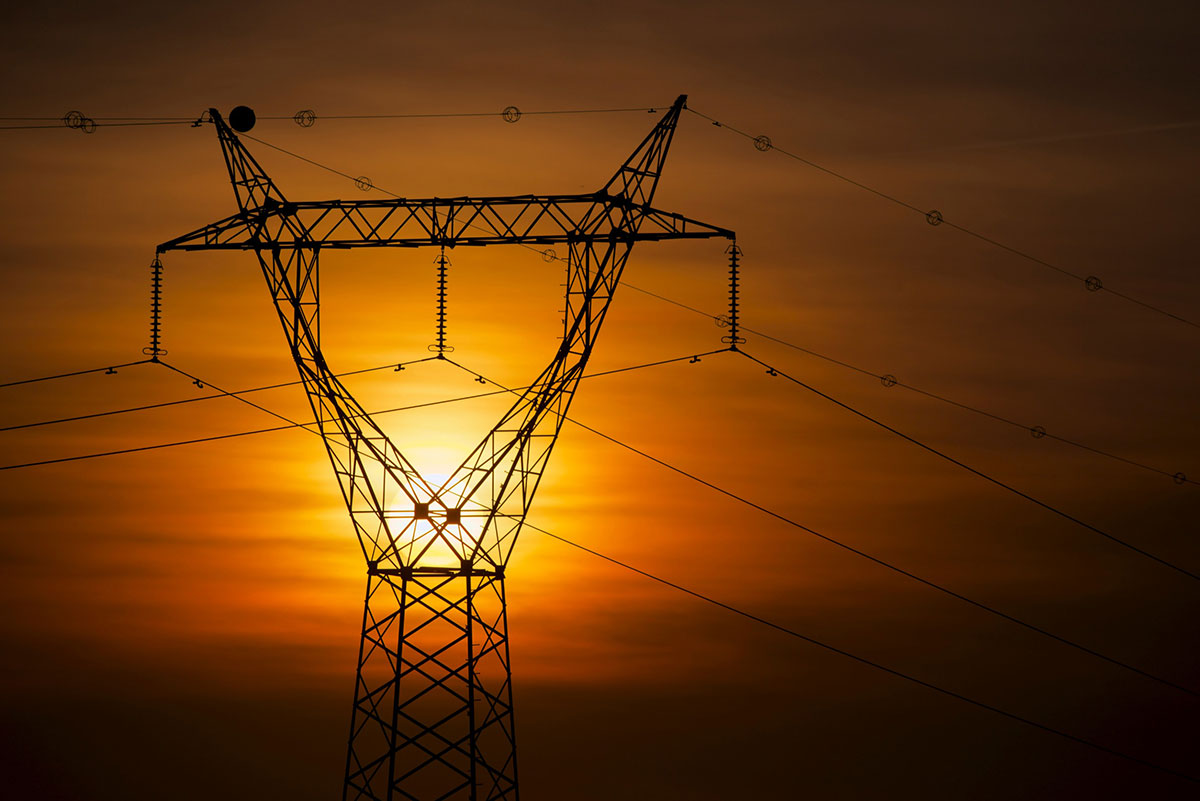The Importance of Power Quality in the Construction Industry

We recently had an enlightening conversation about power quality and its impact on businesses, especially those in the construction industry. Here’s a breakdown of what we discussed, with insights from our expert, electrical enginner, Jeff Givens.
Electricity Generation and the Grid
Electricity comes from various sources: coal plants, nuclear plants, hydroelectric, and even solar farms. This power is injected into one of three grids in the U.S.: two main ones covering most states and a unique one for Texas called ERCOT. The power generation and its injection into the grid must align with the demand from businesses and homes. The complexity of this system means the quality of power can vary.
Power Factor and Its Importance
Power factor is a measure of how effectively electrical power is being used. A good power factor is typically around 0.9 to 0.95, depending on the specific needs of a business. If a business has a low power factor, say around 0.8 or lower, it can face fines and inefficiencies. This is crucial for places running complex machinery, where a poor power factor can cause significant issues.
Impact of Machinery and Surges
Machines, especially those with motors, can cause power surges. When a large motor starts up, it demands a lot of current quickly, known as inrush current. If not managed properly, this can draw power away from other areas, potentially causing outages or equipment failures. Facilities often use drives, soft starters, or other devices to manage this inrush current and protect the system.
Short Circuits and Protection Measures
A short circuit can drastically affect power quality, removing resistance and causing a massive current draw. This can lead to fires if not properly managed. Protection devices and coordination studies are essential to safeguard equipment and even lives. These studies ensure that protection settings are appropriate for the facility’s requirements.
Clean Energy and Equipment Longevity
The quality of power directly affects the longevity and efficiency of equipment. For example, a desktop computer might not operate correctly or could suffer damage if the power quality is poor. Similarly, motors need clean power to run efficiently and avoid strain. Consistent low power quality can reduce the lifespan of machinery, even if it meets minimum operational requirements.
Monitoring and Predicting Equipment Failure
Monitoring equipment for early signs of failure, especially mechanical parts like bearings in motors, can prevent unexpected breakdowns. While power factor impacts the health of motors, most failures are mechanical. However, maintaining a good power factor helps ensure overall system health and efficiency.
Understanding and managing power quality is critical for any construction business. From ensuring machinery runs efficiently to protecting against surges and shorts, the quality of your electricity can significantly impact your operations. Stay informed, and don’t hesitate to consult with experts like Jeff to keep your power clean and your business running smoothly.
Recommended articles
Jeff Spencer’s Advice for Working with Easements: the Importance of Proper Documentation
The Future of Construction: 3 Major Trends Shaping the Next Decade
Understanding the Electrical Grid and Connecting a New Home or Business
Stop losing profit.
Build bids in minutes and track every dime with ProfitDig.
Start Risk-Free30-Day Money Back Guarantee